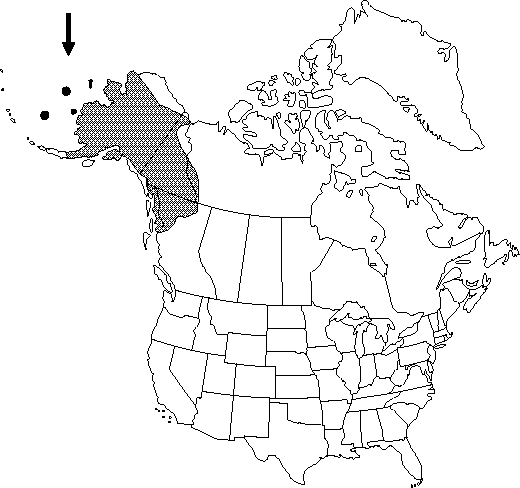Corydalis pauciflora
Syn. Pl. 2: 269. 1807.
Plants perennial, from small, tuberous, usually forked taproots with fibrous rootlets at base, sometimes with 1-several accessory buds at summit. Stems usually 1-3, erect, mostly 0.8-2 dm, often with 1-2 basal scales. Leaves 2-5, simple; blade with 2 orders of lobes; ultimate lobes elliptic. Inflorescences terminal, racemose, 3-5-flowered, flowers crowded at summit of stout peduncle; bracts inconspicuous, ovate to obovate, 4-10 × 3-5 mm, proximal bract largest. Flowers erect; pedicel stout, 4-10 mm; sepals caducous, 1-2 × 1-2 mm, margins variously dentate; petals blue, often tinged purple; spurred petal 17-20 mm, spur abruptly incurved near apex, 7-10 mm, crest low, extending to apex, marginal wing narrow, unspurred outer petal 10-12 mm, margins revolute; inner petals 8-10 mm, blade obovate, claw slender, ca. 4-5 mm; nectariferous spur clavate, 2/3-3/4 length of petal spur; style ca. 2 mm; stigma 4-lobed, rhomboid, narrower toward base. Capsules reflexed, ellipsoid to obovoid, ca. 12 × 5 mm. Seeds essentially smooth. 2n = 16.
Phenology: Flowering early-mid summer.
Habitat: Tundra
Elevation: 0-1100 m
Distribution

B.C., N.W.T., Yukon, Alaska, Asia
Discussion
This distinctive species is the only blue-flowered member of the genus in the flora area. It is an essentially Asiatic species whose distribution extends across the Bering Strait into North America.
Selected References
None.